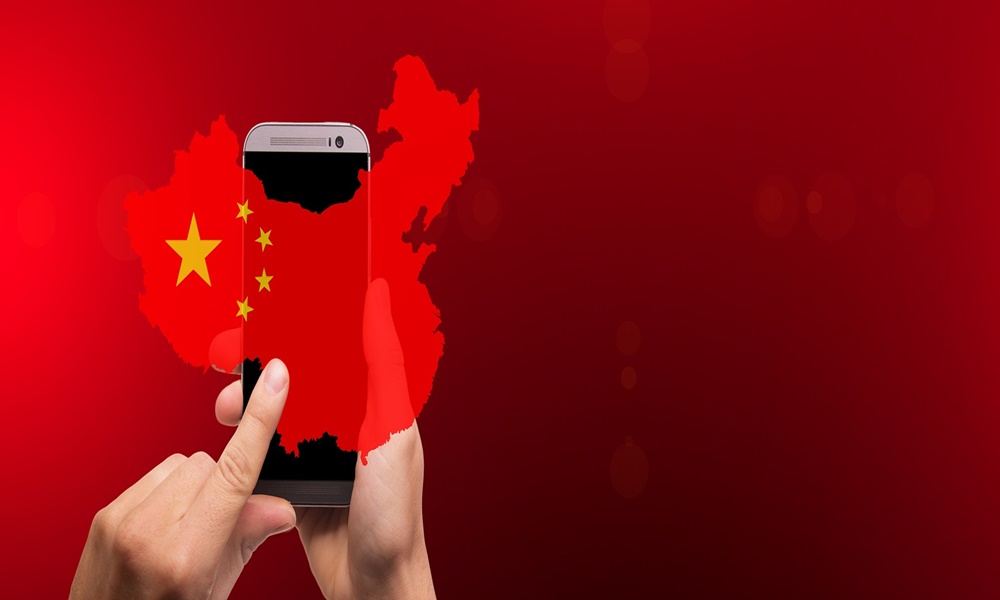
That freedom of expression and China do not get along at all well is something everyone knows. In fact, in 2012 Harvard University published a study stating that the communist country has between 20,000 and 50,000 so-called “internet police” to control what is published on the network. But the thing does not end there, it also has about 300,000 people in charge of publishing comments in a massive way that are positive for the Chinese government.
A few days ago, a draft of the new Chinese policies in this regard was published and things, far from improving, are going backwards again: the chinese censorship machine will drastically increase its control and i will do it by proposing changes in the way of regulating the billions of comments that are published every day in the country. And by some citizens who are increasingly openly critical of the government.
Said draft affects the 2017 regulations “Provisions on the Management of Internet Publication Comment Services” and has been published by the regulatory body of the network of networks in the country of the rising sun, the Cyberspace Administration of China (CAC ). In the outlines the specific responsibilities of platforms and content creators in managing online comments. One of the most controversial points is the one that will force all these comments to be reviewed before being published, which has been an unqualified censorship.
“The proposed revisions update the current version of the commenting rules to align with the latest authoritative language and policies, such as new laws on the protection of personal information, data security, and general content standards. Jeremy reports. Daum, a senior fellow at the Paul Tsai China Center at Yale Law School.
The new regulation affects the vast majority of comments that are posted on the internet, such as comments on videos, posts and messages on forums, as well as their relevant responses, GIFs, shared images, audios, videos and even emoticons. An absolute control.
But, Has there been any trigger that has pushed the Chinese government to make this decision? At first, it seems so. Weibo is a popular microblogging site where citizens can keep up to date with all the news from China in real time. For some time now, there have been numerous comments that either lie or simply reject the government’s “official narrative”, which has led the CAC to take action on the matter… even if they are far from freedom of expression.
Platforms are already self-censoring
China. Population: 1,403,000 million inhabitants. An unfathomable population that is difficult to control on social networks… but not impossible. At least this is what the Chinese government intends. Fines and censorship have been on the rise in recent years and, In an attempt to survive, many platforms have had no choice but to assume as their own from minute one. This is the case of another of the most popular, ByteDance, which already has thousands of content reviewers before authorizing comments to be published. There are even companies that subcontract to do it, some of which are aligned with the Chinese party. An effort that foresees the increase in the hiring of personnel only dedicated to reading and censoring or not, millions of messages every day.
For example, Weibo -also known as the Chinese Twitter- what it does is that it applies stricter control over those accounts that have previously violated these censorship rules. A measure that in 2017 only applied to comments on current news but which is expected to be extended now to all types of content. Something that will force the platforms to increase their costs in maintaining them apart from an enormous responsibility to comply with the demanding Chinese censorship.
The Covid-19 pandemic has marked a before and after in this regard. Chinese citizens are showing less and less compliance, and the internet has helped fuel social protests both online and, later, in the streets, such as videos of retaliation in forced confinements.
Although at the moment it is a draft and there is no official date on whether the tightening of these policies will finally be carried out, what China intends is also a wake-up call to the platforms. That these take care to filter the contents and opinions of citizens, especially if you try to criticize the Chinese communist government. “Although the internet in China is one of the most censored in the world, there is still room to discuss sensitive issues. People can play cat and mouse with the censors and use their creativity,” says William Nee, Research and Advocacy Coordinator at Chinese Human Rights Defenders.
Censorship in China has not yet said the last word, unless its authorities dictate what these will be.



